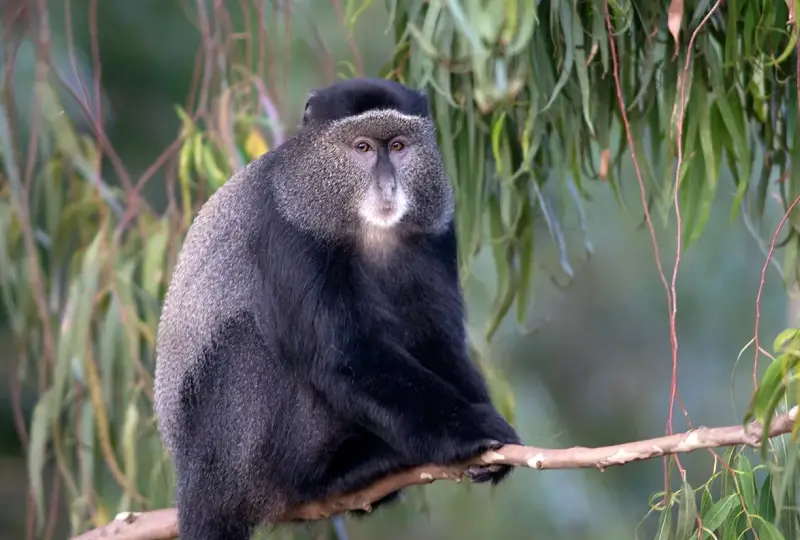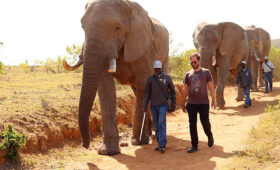Primate Conservation in Uganda
Uganda is home to some of the world’s most iconic primates, including chimpanzees, mountain gorillas, and a variety of monkey species. Protecting these animals is crucial, not only for biodiversity but also for local communities and the country’s thriving eco-tourism industry. Primate conservation in Uganda has become a model for sustainable wildlife management, combining research, community involvement, and tourism.
Key Primate Species and Their Threats
Uganda hosts over 20 species of primates, with chimpanzees and mountain gorillas being the most famous. These species face multiple threats:
- Habitat loss: Deforestation and agricultural expansion reduce forest cover and fragment habitats.
- Poaching: While illegal, hunting and snaring still pose a risk to some primate populations.
- Human-wildlife conflict: Primates raiding crops can create tension with local communities.
Conservation efforts aim to mitigate these threats while ensuring that Uganda’s primates thrive in their natural habitats.
Conservation Programs and Protected Areas
Several national parks and reserves play a vital role in primate conservation:
- Bwindi Impenetrable Forest and Mgahinga Gorilla National Park: Home to mountain gorillas, these parks protect critical habitats and provide controlled gorilla trekking experiences.
- Kibale National Park: Known as the “Primate Capital of the World,” it protects chimpanzees and over 12 other primate species.
- Budongo Forest Reserve: Offers protection to chimpanzees while supporting research initiatives.
In addition to protected areas, Uganda has implemented research and monitoring programs that track primate populations, study their behavior, and identify threats.
Community Involvement in Conservation
Community participation is essential for long-term primate conservation. Programs such as eco-tourism initiatives, education, and alternative livelihoods help reduce human pressure on forests. Many local communities benefit from tourism revenue, creating incentives to protect primates and their habitats.
Tourism and Conservation
Primate tourism, particularly gorilla trekking and chimpanzee trekking, provides funding for conservation projects. Trekking permits are carefully managed, ensuring that tourism benefits wildlife without causing disturbance. Visitors gain unique educational experiences while directly supporting conservation.
Tips for Responsible Primate Viewing
- Follow the guide’s instructions to minimize disturbance.
- Maintain a safe distance from primates.
- Avoid eating, smoking, or using strong fragrances during treks.
- Support local communities by purchasing crafts or services.
Book Your Primate Conservation Safari with Mandari Travel
At Mandari Travel, we organize ethical primate safaris that prioritize conservation and sustainability. Our itineraries combine gorilla and chimpanzee trekking with opportunities to learn about local conservation programs, giving travelers a meaningful and responsible wildlife experience.
Email: info@mandaritavel.com
Call/WhatsApp: +255 750 900 811
Fill in the form below, and our team will create a personalized primate conservation safari tailored to your interests




